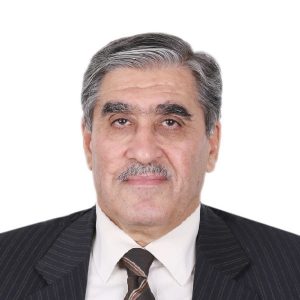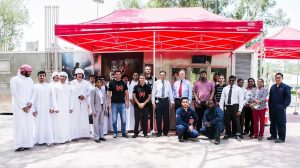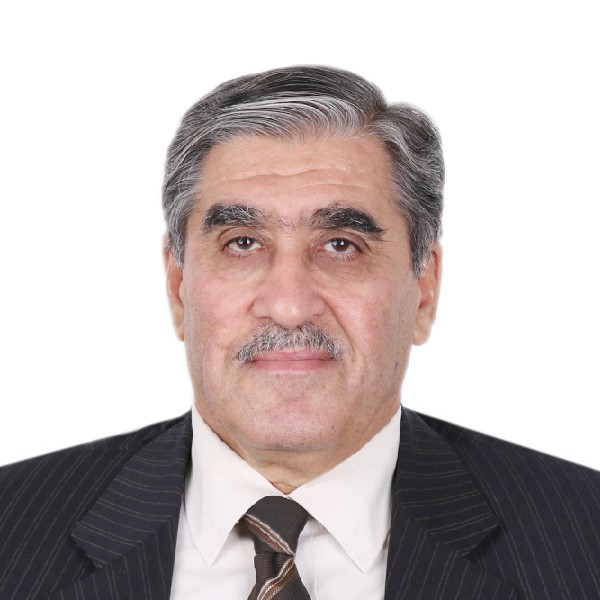Mark Andrews, Head of Pearson Qualifications International (PQI) in the Middle East, believes that quality vocational education programmes will be instrumental in helping to achieve the vision of the newly launched Industrial Council.
Dubai, UAE, June 1st, 2016 – On the 17th April 2016, the Cabinet of the UAE, chaired by His Highness Sheikh Mohammed bin Rashid Al Maktoum, Vice President and Prime Minister of the UAE and Ruler of Dubai, endorsed the launch of the Industrial Coordination Council.
The establishment of the Council forms part of the UAE Government’s 2021 vision to build a diversified, knowledge based economy. It is hoped that the new Council will drive the growth of the Emirates’ industrial sector, helping to increase the sector’s contribution to national GDP. The Council, to be led by the Minister of Economy, will drive unity and bring greater cooperation between the various legislatures in the UAE in regards to industrial development.
A globally competitive industrial sector is high on the agenda of the UAE Government, and having a unified vision and strategy to develop the sector will go a long way to meeting this goal. Equipping UAE workers with the skills and knowledge needed to drive industrial growth will be influential in building a robust, industry-based economy. This includes those workers already engaged in the workforce, as well as younger students currently enrolled in school or higher education.
There is little doubt that a growing and modernising industrial sector requires contributions from a diverse range of workers. Candidates with strong skills in the science, technological, engineering and mathematics fields will thrive in the future economy envisioned by the UAE’s leaders.
But strong industrial growth also depends heavily on having enough vocationally qualified candidates to fill new and existing roles. Industry-reliant jobs are now more technical and highly skilled then in the past, and often require specific and intensive training.
Mark Andrews, Head of Pearson Qualifications International in the Middle East says: “With industry burgeoning in the UAE, employers often find it difficult to attract candidates with the level of vocational qualifications necessary to perform in a number of roles. Young people in the UAE, like in many other countries throughout the region and around the world, are entering university at unprecedented rates. And yet despite the high level of education achieved by university graduates, many of them find it difficult to secure meaningful work on completion of their degree.
“Encouraging more of our young people into vocational education will therefore alleviate two of the main challenges created by a rapidly expanding industrial sector. Firstly, it will help to create enough candidates with the skills and knowledge demanded by industrial sector employers, and secondly, it will help to reduce youth unemployment figures created, in part, by an over-supply of university graduates. In other words, it will help to overcome the colloquially termed ‘skills gap”’.
The announcement earlier this year from the UAE’s National Qualifications Authority (NQA) and Dubai’s Knowledge and Human Development Authority (KHDA) that some international qualifications will be recognised throughout the UAE is a step towards meeting employee demand for vocationally trained workers. Many qualifications, which have long been recognised by awarding agencies around the world, will now also be officially recognised by the UAE government, making it easier for employees to identify candidates with high quality vocational qualifications. This means for example, that a student completing a BTEC Higher National Diploma at Emirates Aviation University will now have his or her qualification officially recognised by employers, government agencies and institutions throughout the UAE.
Mark Andrews believes that there are other steps that can be taken to boost the number of high quality vocational candidates entering the workforce. He says: “Increasing dialogue between industry and education will also help to create a workforce ready to contribute to a dynamic, 21st Century industrial sector. Understanding what organisations are looking for in terms of skills and talent, and mapping education and qualifications against these needs is key. Making work-based training a significant component of vocational qualifications also helps to create candidates that can quickly perform in a work environment. Having apprenticeship-style programmes widely available helps to produce a valuable pipeline of highly capable workforce entrants.
“But building workforce capacity in the industrial sector is not just about ensuring that quality vocational programmes are widely available. Young people – through educators, parents and other advisors – need to be made aware of the potential benefits a quality vocational education can bring. Often vocational education is still seen as a lesser choice to a more academic or university based education. Young people deciding on which education route to take need to be informed about the rewarding and often well renumerated career paths that a vocational education can lead to. Encouraging many of our best and brightest to follow a vocational path, will be fundamental to the UAE’s industrial sector meeting its potential”.
ENDS
About Pearson:
It is no secret that a good education has the power to change a life. What is new is the demand for that change.
Governments are investing more than ever before on educating their citizens, eager for them to compete in the global workforce. A growing global middle class is spending more of its own money on educating their families. Employers are looking for a new sort of colleague – someone with the skills to flourish in the 21st century. Combined with technologies that continue to develop at breakneck speed, the result is a world that has the want, and the means, to learn at scale.
Yet there is so much to be done. One in five adults lack the written communication skills they need to progress in life, and 57 million children do not know what it’s like to step inside a classroom. Many millions more are in education, but not learning effectively.
The global challenge for education is not just about providing access, but also progress and success.
As the world’s leading learning company, we can help make a difference. But we also know that the challenges are too immense to tackle alone. So we’re fostering a global community of teachers, parents, students, governments, institutions and businesses, who can help us find the answers and deploy the solutions.
Together we aim to achieve our Efficacy Growth & Impact Goals, empowering the lives of 200 million learners by 2025 in critical ways including:
– Access to high quality primary, secondary & postsecondary education.
– Success in education through enhanced literacy, numeracy, knowledge & skills.
– Progress as a result of education into a first career or advancement in career.
Meeting the global demand for education will make us a more profitable company, profits which we invest back into improving education for everyone – to ensure that the ultimate prize is a better world for us all to live in.






